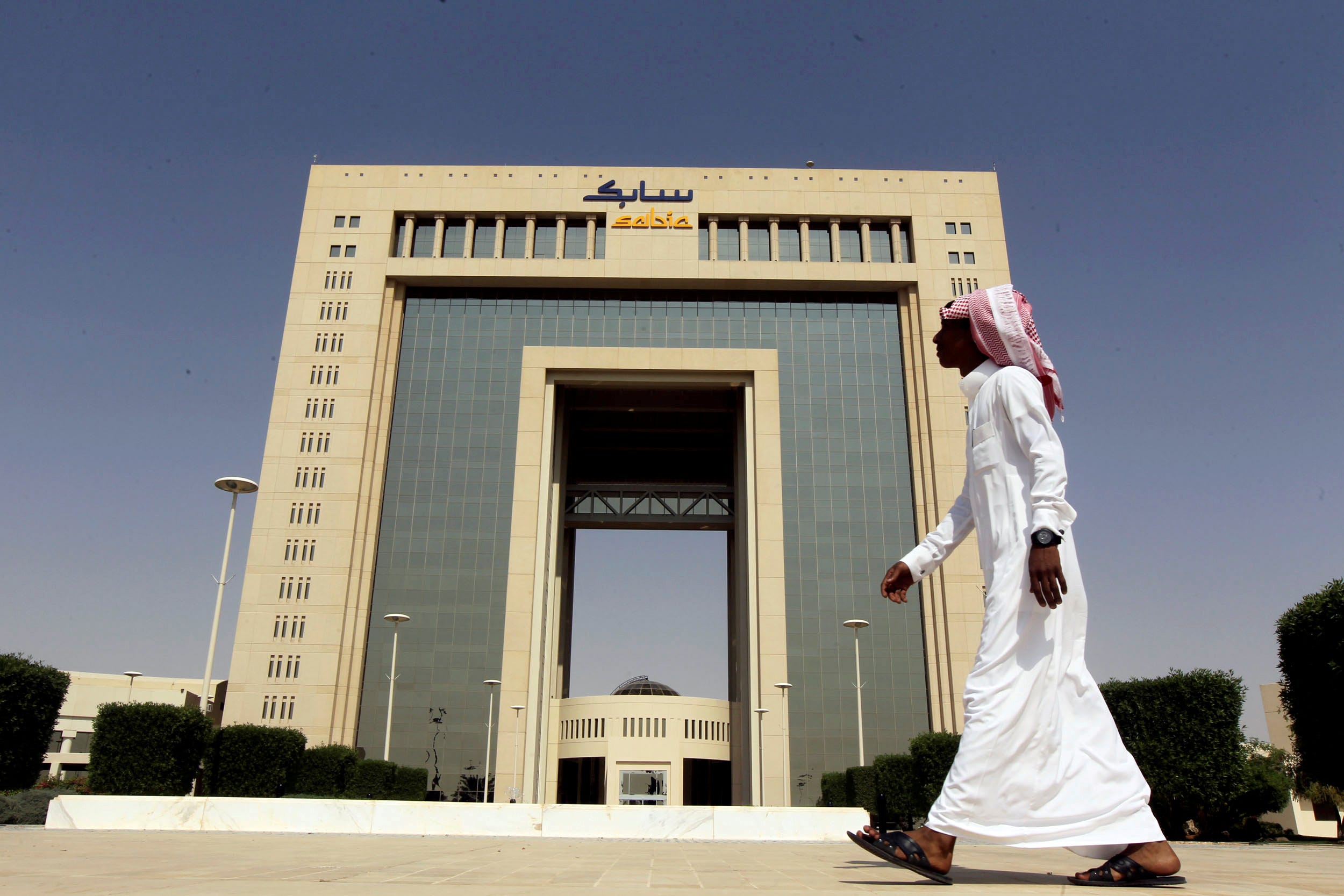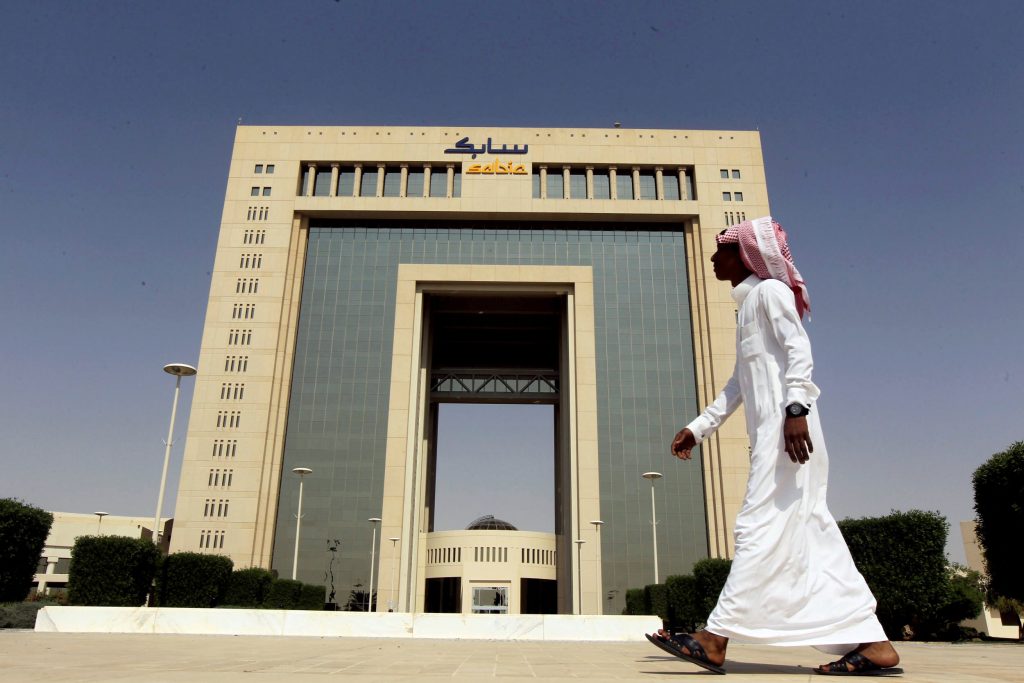
Faisal Al Nasser/REUTERS
- On Wednesday, Saudi Arabia said 44 global corporations are moving their regional head offices to Riyadh, the capital.
- The kingdom boldly told companies in February that it wouldn't do business with them if they didn't shift their headquarters there.
- Expats and bankers decried the move as "corporate bullying" earlier, but it seems to have produced the desired effect.
In February, Saudi Arabia issued a daring ultimatum to multinational companies: shift your regional head office to the country by 2024, or the government stops doing business with you.
The announcement was part of a full-scale push by Crown Prince Mohammed bin Salman to turn the capital, Riyadh, into a global center for finance, business, and logistics, so the kingdom would be less reliant on the oil that makes up 70% of its exports, per OPEC.
Investors and expats balked at the idea at the time, with many saying it was a ploy to wrench business away from Dubai in the neighboring United Arab Emirates, where 90% of the workforce are foreigners. One veteran financier described it as "anti-competition" and "corporate bullying," per CNBC.
But the tactic seems to be working. Saudi Arabia announced on Wednesday that 44 international corporations, including PepsiCo, Siemens, and Unilever, are establishing their regional headquarters in Riyadh, reported local news.
-Abdulhadi Habtor (@Alhabtour) October 27, 2021
Hosam Alqurashi, the director of the kingdom's Regional Headquarters Program, said at the announcement that its capital is now "witnessing the greatest art movement since the Renaissance," per Arab News.
The new total is up from the initial 24 corporations who said in January that they would move their regional offices from Dubai to Saudi Arabia.
Back then, officials tried to entice businesses with a 50-year corporate tax holiday and waivers for employment quotas.
The February ultimatum took a different spin. "Everyone is freaking out. We are used to governments offering carrots, but this time a big stick has come out of the bag," said one regional manager of a multinational company to The Financial Times at the time. "Frankly, it's offensive."
Despite the backlash, Fahd al-Rasheed, president of the Royal Commission for Riyadh City, told Reuters that the Saudis' goal isn't to "dismantle" business in neighboring countries.
"We are simply saying - you need to have your regional headquarters here because this is not simply a contract economy that you come in and come out. We want to see you with us for the long term," he said on Wednesday.
Al-Rasheed added that Riyadh wants to get 480 companies to establish regional headquarters there by 2030 - also the deadline the crown prince set to diversify Saudi Arabia's economy.
Still, the kingdom may have some difficulty replicating Dubai's success.
The 2018 assassination by Saudi agents of journalist Jamal Khashoggi, who had been critical of the royal house, soured the global reputation of the kingdom and Prince Mohammed Bin Salman and left its sovereign wealth fund vulnerable, Joel Rubin, a former deputy assistant secretary of state, told CNBC earlier this year.
Saudi Arabia has in recent years tried to shed its hardline conservative reputation with reforms like letting women drive and opening cinemas for the first time in decades. But it's yet to offer a lifestyle on par with the liberties that foreigners in Dubai can enjoy, like the freedom to drink, expats told CNBC.
